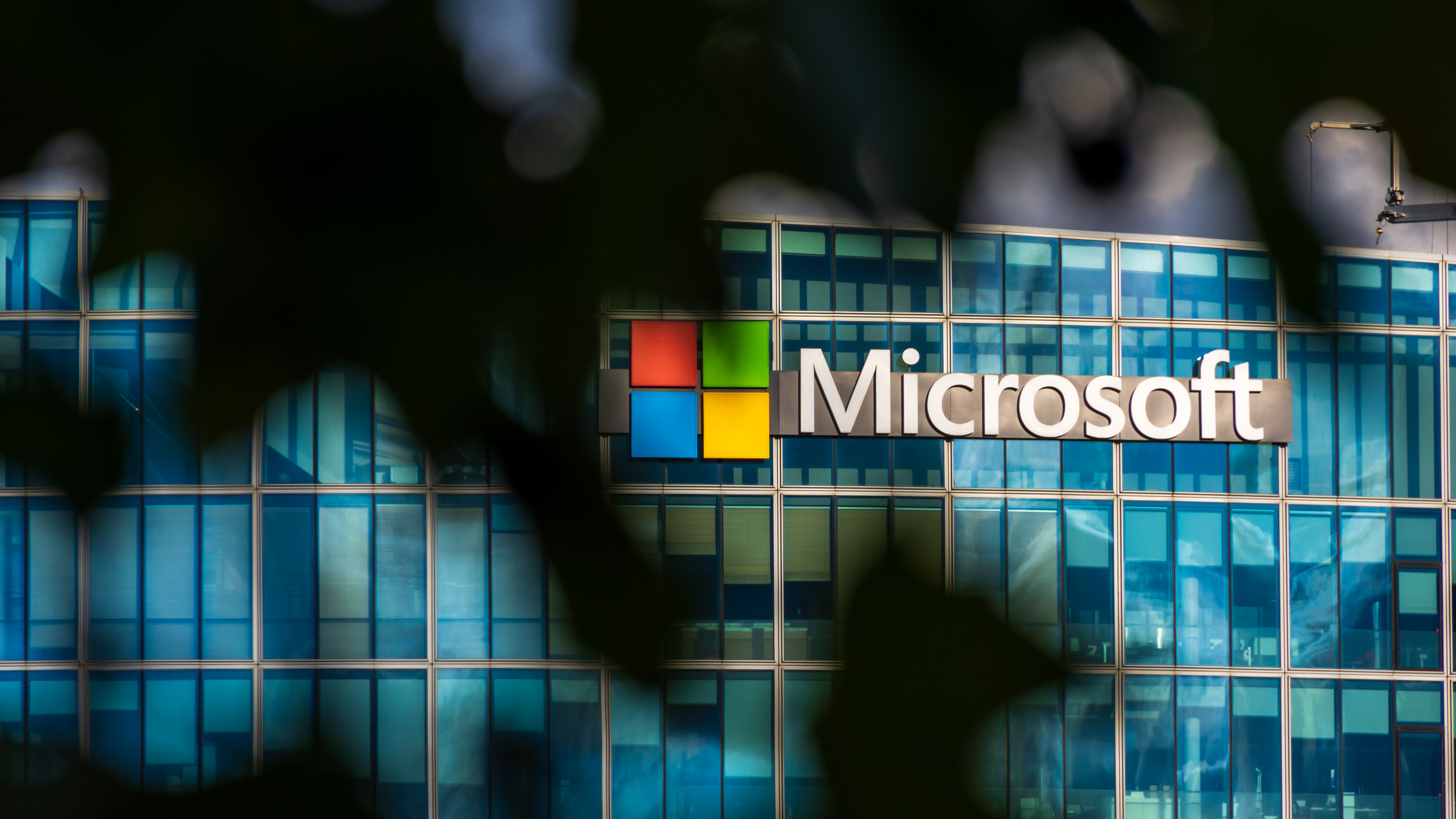
Microsoft's fiscal year ended just two days ago, and as expected, layoffs were to follow.
Mass layoffs have become a common fixture of the tech firm's summer in recent years, as it struggles to find its footing in a post-Covid, AI-laden universe.
Despite a market capitalization of $3.36 trillion USD and CEO pay packages in the tens of millions, Microsoft today announced that it's cutting 9,000 workers worldwide, with reductions spanning various "levels, teams, geographies and tenure."
"We continue to implement organizational and workforce changes that are necessary to position the company and teams for success in a dynamic marketplace," a Microsoft spokesperson told Windows Central earlier today, while refraining to add further context.
The figure represents around 4% of Microsoft's total global workforce, and has hit every department within the company.
Microsoft has already had multiple rounds of layoffs this year, with a headcount reduction in January and a further 6,000 staffers laid off in May as part of "restructuring." As such, the total number of layoffs in this calendar year tallies around 15,300 people, or around 6.7% of its total global workforce.
We're still researching which departments have been hardest hit, but Microsoft's gaming operation isn't bearing the brunt of the layoffs this time around — but many of Xbox's operations in Europe, including King (Candy Crush) and ZeniMax (Fallout) have also seen reductions. It seems sales and marketing teams in other divisions seem to have been significantly impacted, although it wouldn't be surprising if engineering was taking a hit too, given the rise of AI.
Mass layoffs have become a common fixture at Microsoft
Despite all of Microsoft's purported success, mass layoff rounds have become a common fixture of the firm's summer months, when its fiscal years end.
Microsoft's layoff rounds have frequently factored into the thousands, with its biggest revolving around the write down of Nokia and Windows Phone in 2014, hitting 18,000 people. In 2023, Microsoft laid off a further 10,000 as part of the tech industry's wider post-Covid contraction. Last year, Microsoft laid off over 6,000 people across various departments, too, as it pivoted away from its "metaverse" fad and poured resources into artificial intelligence.
Last quarter, Microsoft reported $64.7 billion in revenue, representing a 15% increase, atop $245.1 billion for the entire fiscal year, which also represented 16% growth YoY. Microsoft claimed to shareholders it had seen positive growth across all of its subdivisions.
We're still researching the per-division impact of the layoffs this time around, but parts of Microsoft, like Surface, have struggled under CEO Satya Nadella. Microsoft's gaming revenue has exploded since it acquired Activision-Blizzard, but Xbox hardware figures have been in near-freefall decline.
Microsoft has also been struggling to find its footing in home-grown consumer AI services, with OpenAI and ChatGPT utterly dominating Microsoft Copilot. Microsoft's early investment in OpenAI has kept it in the game, but the relationship has been under strain, as the two firms negotiate to reduce Microsoft's hold on the company. Microsoft has become entirely dependent on OpenAI, as Meta and Google forge ahead with home-grown models.
Microsoft, like many firms, are increasingly using AI in lieu of human programmers. Former Microsoft CEO Bill Gates recently opined that AI will "replace humans for most things," and it would be interesting to find out just how much impact that thinking might have had on this latest layoff round.







